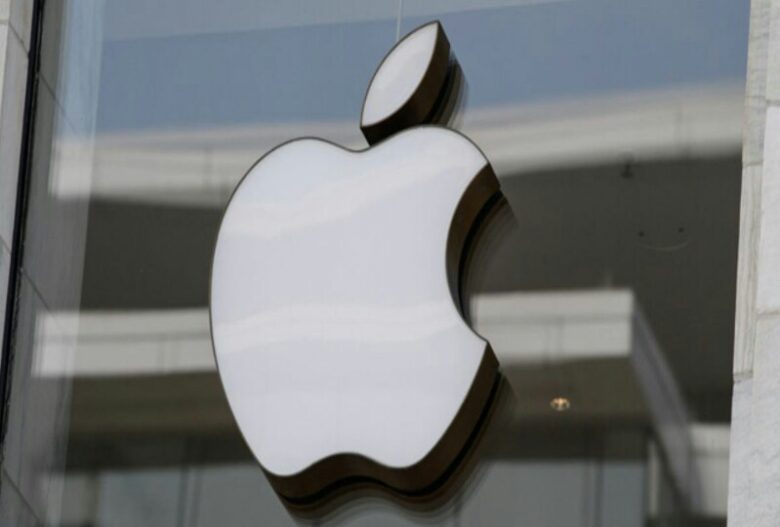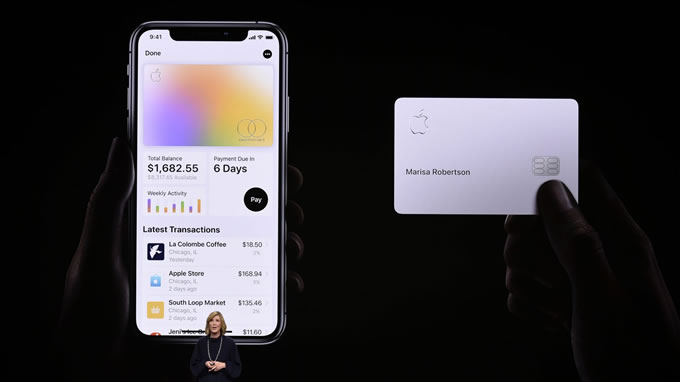Apple has come under fire as the Democratic Republic of Congo alleged that the tech giant is illegally exploiting minerals extracted from the nation’s embattled east to produce iPhones and other products.
According to AFP, the DRC’s lawyers have sent Apple a formal cease and desist notice, effectively warning the tech giant it could face legal action if the alleged practice continues.
The Paris-based lawyers for the DRC accused Apple of purchasing minerals smuggled from the DRC into neighbouring Rwanda, where they are laundered and “integrated into the global supply chain”.
Apple, however, has refuted these claims, quoting its due diligence efforts and supply chain standards outlined in its 2023 annual corporate report.
“Based on our due diligence efforts… we found no reasonable basis for concluding that any of the smelters or refiners of 3TG (tin, tantalum, tungsten and gold) determined to be in our supply chain as of December 31, 2023, directly or indirectly financed or benefited armed groups in the DRC or an adjoining country,” it said.
Despite Apple’s assertions, the Democratic Republic of the Congo’s legal representatives have rebuked the tech giant’s reliance on suppliers operating in Rwanda, a nation accused of exploiting the DRC’s natural resources for decades.
Critics argue that Apple’s endeavours to ensure responsible mineral sourcing have fallen notably short, citing flaws in the certification process of the Tin Supply Chain Initiative (ITSCI). This program, aimed at verifying mineral origins from the DRC, has faced intense scrutiny for alleged shortcomings, including its role in facilitating the laundering of conflict minerals.
While Apple is not the exclusive beneficiary of the ITSCI program, other prominent tech companies like Tesla, Intel, and Samsung have also come under scrutiny.
The DRC’s legal notification to Apple underscores broader concerns regarding the ethical ramifications of mineral sourcing practices in conflict-ridden regions, urging the tech industry to address systemic vulnerabilities in the global supply chain.
The demand for minerals such as cobalt and copper, crucial for powering clean energy technologies, has exacerbated exploitation and human rights abuses in the DRC. Reports from organisations like Amnesty International have detailed forced evictions, sexual assault, and violence against civilians in the region.
The persistent conflict, exacerbated by rebel factions like M23, has displaced millions and perpetuated a cycle of instability and human suffering.
The DRC, the UN and Western countries accuse Rwanda of supporting rebel groups, including M23, in a bid to control the region’s vast mineral resources, an allegation Kigali denies.
The DR Congo is rich in tantalum, tin, tungsten, and gold – often referred to as 3T or 3TG – all minerals used in producing smartphones and other electronic devices.
YOU MAY ALSO READ: Hostages freed in Central Mali after suspected Jihadist abduction









Got a Question?
Find us on Socials or Contact us and we’ll get back to you as soon as possible.